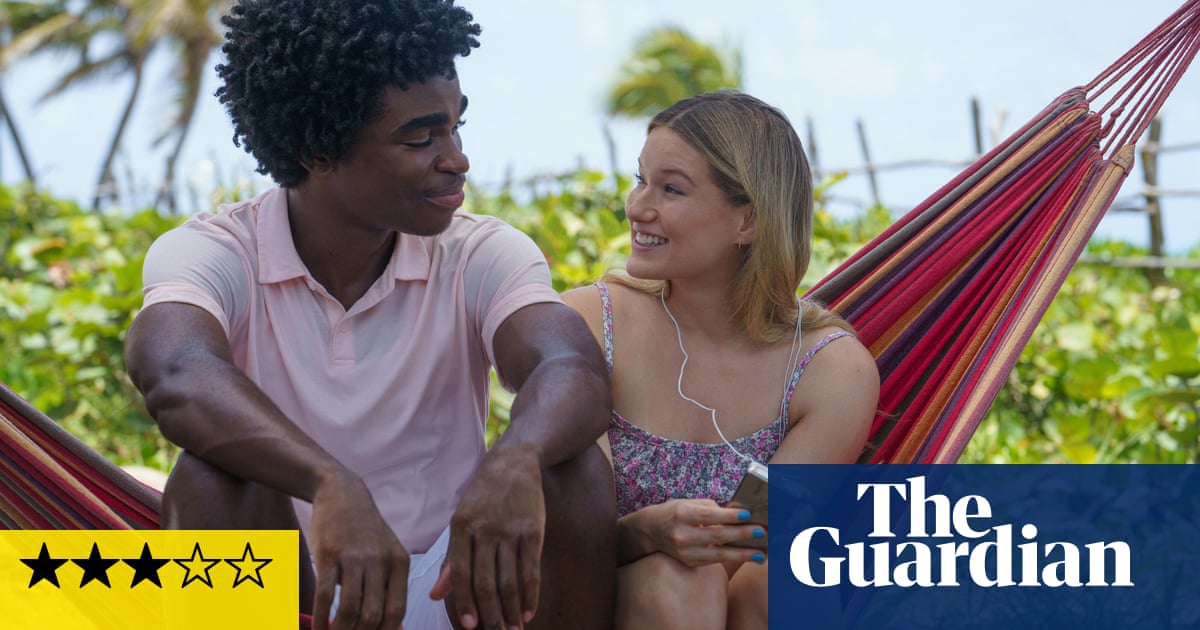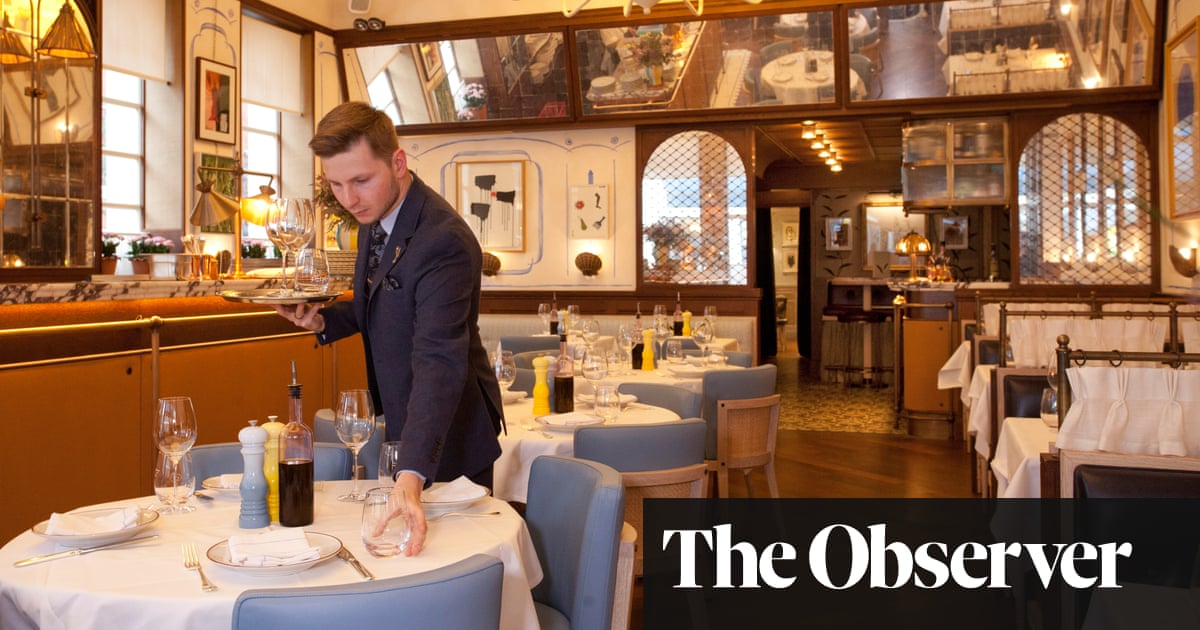
If you come at the king, as they say, you’d better not miss. In much the same way, in the current TV landscape, if you come with a multi-part drama about a mysterious death at a luxury resort that is more an interrogation of racial inequality, privilege and class than it is a murder-mystery, you’d better be as good as The White Lotus.
Saint X tries. The new series, adapted from Alexis Schaitkin’s 2020 novel of the same name by Leila Gerstein, has two timelines (plus flashbacks). One is in 2005 on an Aruba-like island in the Caribbean, which in the space of a generation has become a tourist destination. The latest batch of (affluent, almost all white) visitors to Indigo Bay resort include the Thomas family. It comprises 18-year-old soon-to-be-Princeton-student Alison (West Duchovny – yes, daughter of) who, when not railing at her parents for not appreciating the injustice in the world, is busy enjoying the freshly squeezed fruit cocktails of their labour by the pool. Blessed be the young folk in which hyper- and hypocriticism so seamlessly blend. But she adores her younger sister Claire, a shy, anxious child, and is idolised by her in turn. Her parents – Michael Park as dad, Betsy Brandt as mum – are saints for dealing with her but in all other respects are complacent monied white folks who made their compromises with life long ago and are quite happy with them.
Among those running around after the guests are Clive (Josh Bonzie), set on making a success of this job so he can support his new son and hopefully win over the child’s mother, and Edwin (Jayden Elijah) who has been landing Clive in trouble via various harebrained-to-lightly-criminal schemes since childhood. Their fast, if perilous, friendship is shown in the flashbacks, along with the attempts of the local police chief to keep them from hurtling headlong down the wrong path. Back in 2005, Edwin and Alison begin a flirtation despite Clive’s pleas for each to leave the other alone, knowing it cannot end well.
Clive is right. Alison’s body is discovered at the bottom of the resort’s waterfall and he and Edwin – the last people to be seen with her – are arrested for her murder. In the second timeline, set in the present, Claire now goes by the name Emily (Alycia Debnam-Carey) and is still struggling to deal with the trauma of her sister’s death (this mainly expresses itself via the medium of being vile to her boyfriend, Josh). No DNA evidence and the distance from the body when the two men were arrested led to their release without charge, so Alison’s death was ruled accidental. But it is clear when Clive and Emily’s paths cross again that the suspicion of their involvement has never gone away and has blighted both their lives.
The series obviously has good intentions around tracing the impact of accusations, of enduring grief and of the power of different demographics to tell their stories and to silence or shape the narratives of others. It even tilts – via Alison’s put-downs of a boor ogling her and the visceral anger it sparks in him – at the danger women face from misogyny at every turn.
But it is overstuffed and heavy-handed, especially when compared to the delicate grace of White Lotus. There is not enough complexity or richness in the depiction of island life and the relationships between the staff and the guests to keep us from wanting to get back to the mystery. And in the present-day timeline, we never get to know Emily beyond her trauma and growing obsession with Clive. Nor does Clive become much more than a silently suffering soul, weighed down by a guilt he can’t articulate because it would spoil the plot. And although all the actors do as much as they can with the material they are given, there is no escaping the clunkiness of the script. “Josh is the first guy who’s actually fought to tear down my walls,” Emily tells her therapist. “He accepts me, as flawed and damaged as I am.” If people really speak like this, even to their therapists, I think we should be told. And therapists should up their rates.
Saint X is on Disney+












